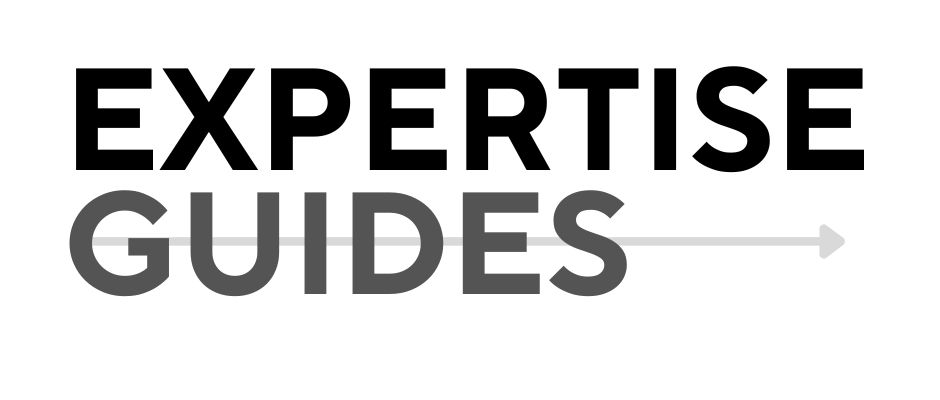Summary: Discover how empathy and resilience can transform workplace conflicts into opportunities for growth and collaboration.
Main Points:
– Understanding Conflict: Recognize the hidden costs of unresolved workplace conflicts.
– Empathy and Resilience: Learn practical strategies for resolving conflicts with empathy and resilience.
– Positive Outcomes: See the benefits of a harmonious workplace through real-world success stories.
Introduction
Have you ever felt the tension of an unresolved conflict at work? 😓 I remember a time when a project deadline was looming, and two team members had a heated disagreement over their roles. It was a challenging situation, but it taught me the power of empathy and resilience in navigating workplace conflicts.
The Problem: The Rising Tide of Workplace Conflicts
Workplace conflicts are more common than we might think. According to a study by CPP Inc., U.S. employees spend 2.8 hours per week dealing with conflict, costing organizations approximately $359 billion in paid hours annually (CPP Inc., 2008). These conflicts can lead to decreased productivity, strained relationships, and a toxic work environment.
Why This Problem Exists
Several factors contribute to workplace conflicts:
– Communication Breakdown: Misunderstandings and lack of clear communication can escalate tensions.
– Diverse Perspectives: While diversity enriches the workplace, it can also lead to differing viewpoints and disagreements.
– Stress and Pressure: High-stress environments can amplify minor issues into major conflicts.
The Solution: Empathy and Resilience as Tools for Conflict Resolution
So, how do we navigate these conflicts effectively? The answer lies in cultivating empathy and resilience.
Developing Empathy in the Workplace
Empathy involves understanding and sharing the feelings of others. It’s about putting yourself in someone else’s shoes. Here are some steps to develop empathy:
– Active Listening: Pay full attention to the speaker, acknowledge their feelings, and respond thoughtfully.
– Open Communication: Encourage open and honest dialogue, where team members feel safe to express their concerns.
Building Personal and Team Resilience
Resilience is the ability to bounce back from adversity. It’s crucial for maintaining a positive work environment. Here’s how to build resilience:
– Self-Care: Prioritize self-care to manage stress and maintain mental well-being.
– Support Systems: Foster a supportive team culture where members can rely on each other during tough times.
Practical Strategies for Navigating Conflicts
- Address Issues Early: Don’t let conflicts fester. Address them promptly and constructively.
- Seek Common Ground: Focus on shared goals and interests to find mutually beneficial solutions.
- Mediation: Sometimes, an impartial mediator can help facilitate a resolution.
Callout: A study by Pollack Peacebuilding Systems found that 85% of employees deal with conflict on some level (Pollack Peacebuilding Systems, 2019).
Action Steps
To implement these strategies in your workplace, consider the following steps:
1. Training: Provide training on empathy and resilience to all employees.
2. Role-Playing: Conduct role-playing exercises to practice conflict resolution skills.
3. Feedback Loops: Establish regular feedback loops to address concerns before they escalate.
Conclusion
Workplace conflicts are inevitable, but with empathy and resilience, they can be managed effectively. By fostering a culture of understanding and support, we can turn conflicts into opportunities for growth and collaboration.
My Ask
What do you think? Share your perspective in the comments. If this resonates, tag someone who could benefit.
About Me
I’m passionate about helping organizations navigate workplace challenges with emotional intelligence and resilience. Together, we can create more inclusive and harmonious work environments.


